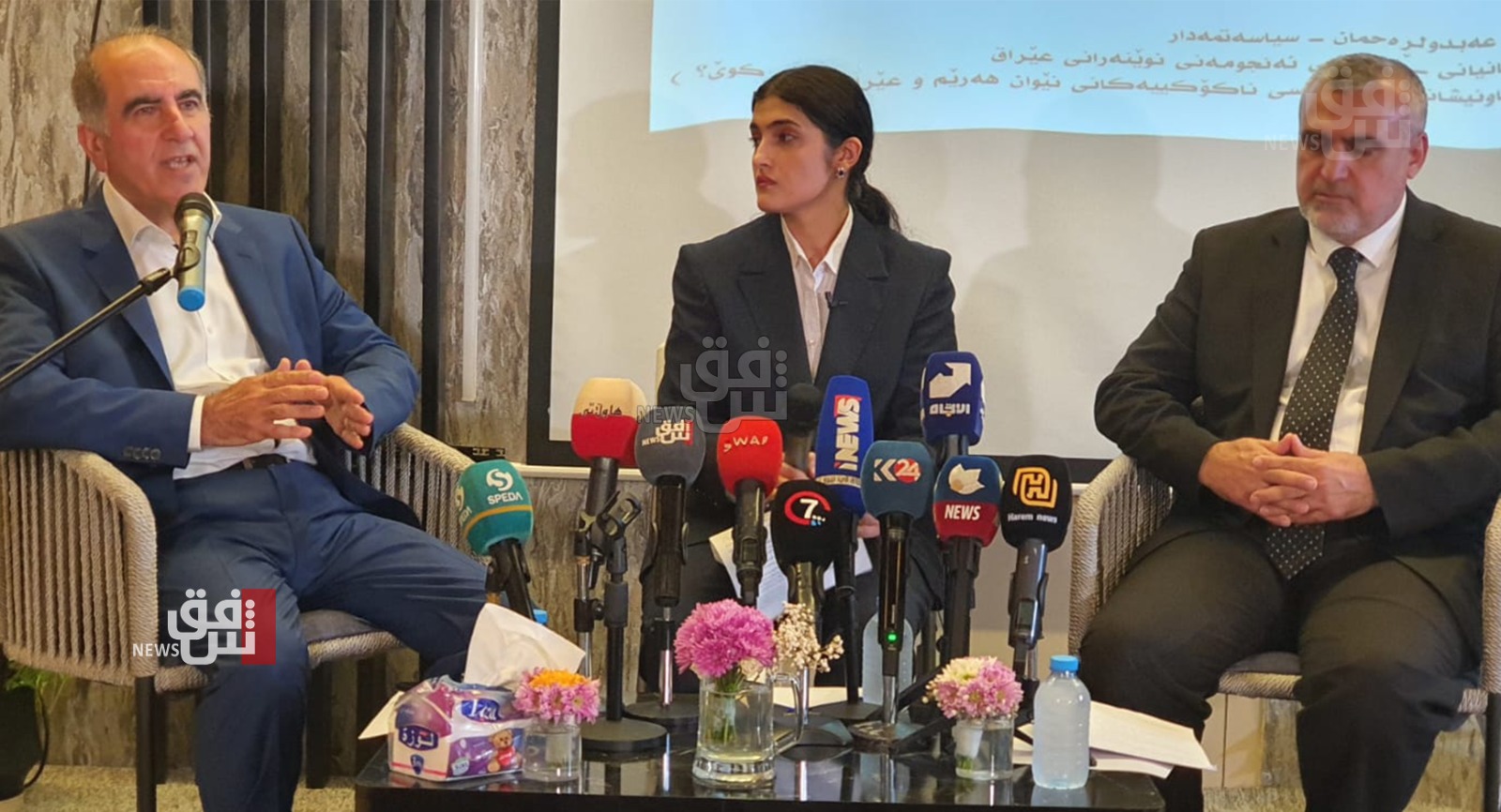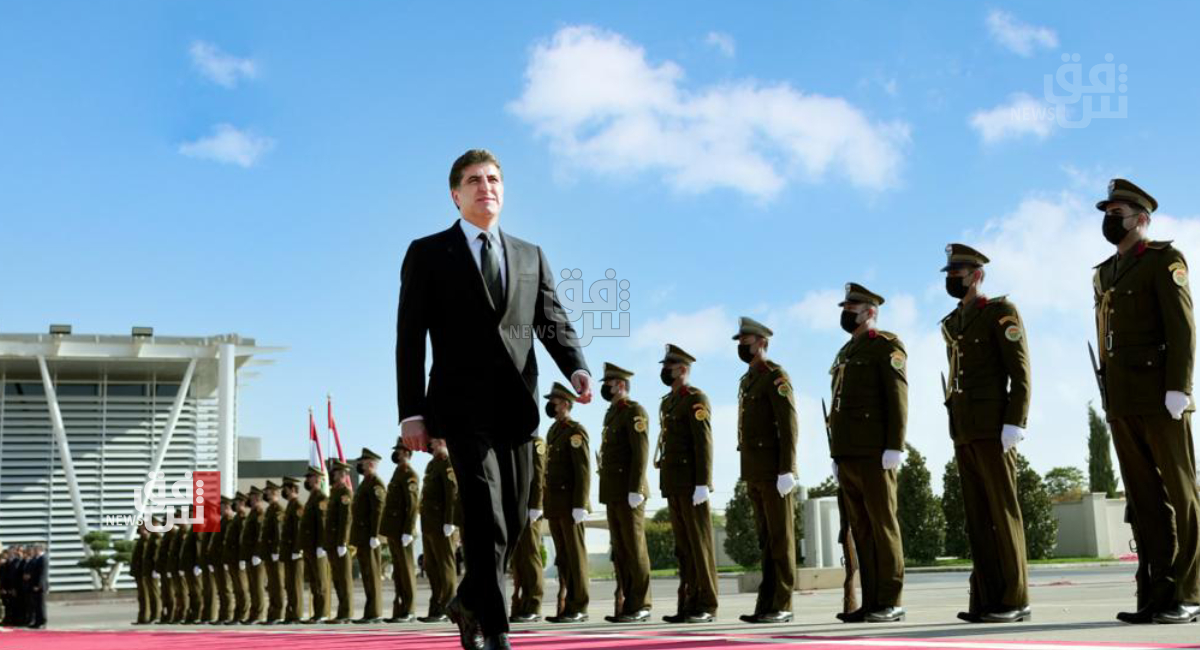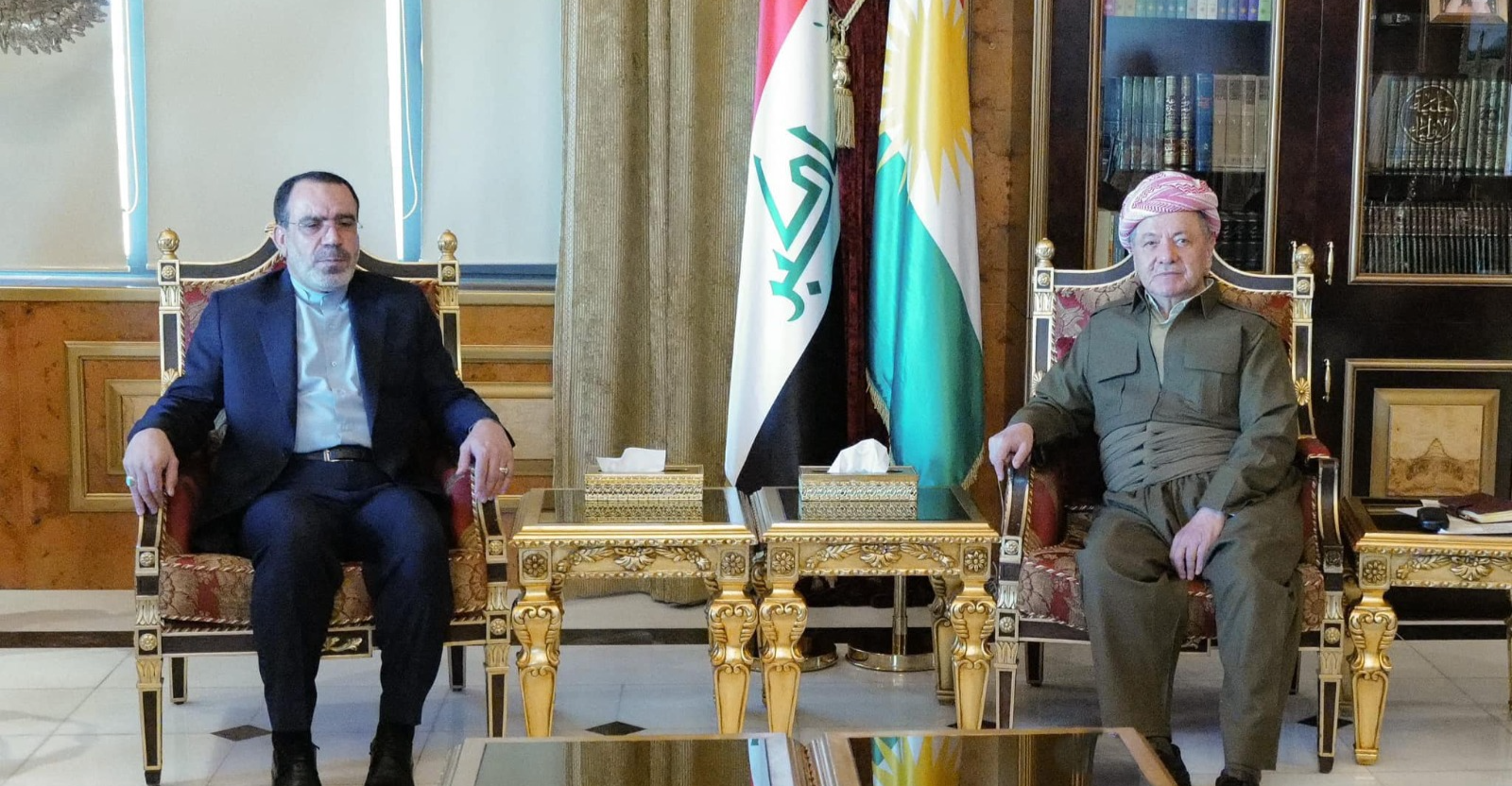Frictions between Baghdad and Kurdistan Examined in Sulaymaniyah Symposium

Shafaq News/ The "Everyone’s Nation" Democratic Development Organization convened a symposium on Thursday in Sulaymaniyah, examining the persisting schism between the central government and the Kurdish region.
Dilshad Abdul Rahman, a political analyst, in a keynote speech shed light on the historical complexities underlying the Kurdish predicament. "Ever since the inception of the Iraqi state, Kurds have faced mounting pressures from successive regimes. Following the Ottoman Empire's demise, the Mosul province was forcibly annexed to Iraq under British mandate," he said.
"Kurds sought independence then, but became ensnared in the Shia-Sunni alliance. Given the erroneous categorization of Kurds as Sunnis at the time, King Faisal I pressed the British to maintain a unified Iraq, ostensibly to thwart Kurdish independence, thereby ensuring Mosul's inclusion within the British-mandated Iraq."
Rahman opined that the tribulatio?ns faced by the Kurds today are, in essence, reverberations of those past policies. "The current federal (Arab) Iraq has no blueprint to accord the Kurdish citizens their due rights."
Addressing the post-dictatorial era, Rahman said, "Kurds advanced to Baghdad to forge a renewed Iraq, yet failed to procure guarantees against recurring infringements on Kurdish rights."
He lamented, "Events post-October 16th demonstrate that Iraqi policy towards the Kurds has merely metamorphosed in its tactics since 1920 till 2003. The Kurds are now reaping the repercussions of the strategic misjudgment initiated in 2003."
"The present discord, multiplicity of opinions, especially in relations tied to Baghdad, have rendered the Kurds comparatively vulnerable to adversaries. This has relegated the Kurdish populace to their present tribulations, overshadowing their prior sacrifices for establishing a Kurdish political framework."
Iraqi MP Dara Seekanian weighed in, expressing his consternation over the deep-rooted issues among the Iraqi constituents.
He remarked, "A robust political system and an absence of an independent judiciary have further entrenched the discord."
"Despite possessing a rich tapestry of land and populace, Iraq's multifaceted nature exacerbates such complexities. Even though the Iraqi constitution assures harmonious and equitable coexistence for all entities, the populace remains beleaguered with service inadequacies and frequent crises."




